Leadership
The Water + Energy Forward leadership team comprises leaders from Wisconsin’s technology, industrial, nonprofit and university sectors.

Dean Amhaus, The Water Council
Principal investigator
Dean Amhaus has served as the founding president and CEO of The Water Council (TWC) since March 2010. Under Amhaus’ leadership, TWC has developed water technology innovation and water stewardship programs and received numerous international and national economic development and leadership awards. Amhaus served as the executive director of the Wisconsin Sesquicentennial Commission. He has led Spirit of Milwaukee, a nonprofit organization dedicated to enhancing Milwaukee’s image; Forward Wisconsin, the state’s marketing economic development organization; and the Wisconsin Arts Board. Amhaus received his MBA from the University of Wisconsin-Whitewater and his bachelor’s degree in business from the University of Wisconsin-Platteville.

Michael Cook, Rockwell Automation
Co-principal investigator
Michael Cook is the director of industry-academia at Rockwell Automation and has broad global corporate strategy and business development experience. Prior to moving to the USA in 2004, he worked for several years as hands-on management and implementation consultant in diverse manufacturing environments such as automotive, food and beverage, and heavy industries such as mining, primary and secondary aluminum production, and supply chain and services in Africa. His team spends their time building future talent for advanced automation careers by working with academic institutions from schools through universities. They provide access to new technologies for both students and upskilling with an eye on generating excitement and passion about making things sustainably through advanced manufacturing and helping to unlock human potential with this technology. The team works with partners plus federal and state agencies to generate socially, environmentally and commercially sustainable and equitable impacts.

Kathy Henrich, MKE Tech Hub Coalition
Co-principal investigator
Kathy Henrich is CEO of the MKE Tech Hub Coalition. Under her leadership, the Tech Hub has launched an early-stage incubator serving more than 200 founders, a cross-disciplinary collegiate bootcamp, an apprenticeship program and talent attraction activities. Prior to the Tech Hub, Henrich had over 30 years of experience in the tech industry, leading $500M+ sales and partnership organizations within IBM. In 2018, she obtained her master’s degree in workforce/talent development from Louisiana State University with a focus on AI/automation. She used these skills as a senior manager in Accenture’s future workforce practice, assisting clients with talent transitions resulting from digital transformation. Henrich serves on several boards including Tech Associations of North America (TECNA), WI Startup Coalition, M3 Insurance, United Way’s Tech United and Wisconsin Policy Forum’s Economic Development committee.
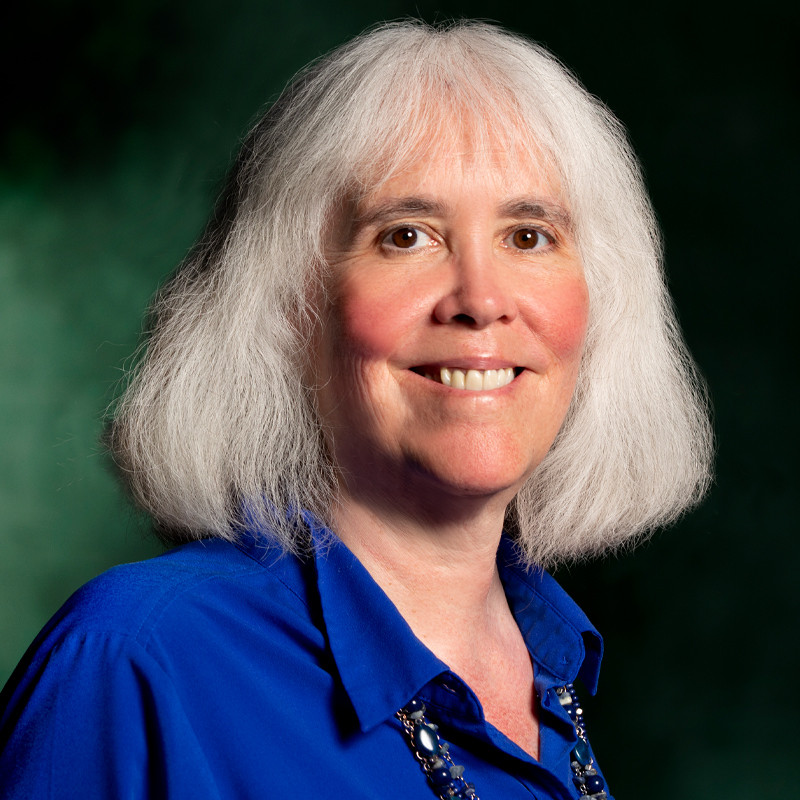
Jeanne Hossenlopp, Marquette University
Co-principal investigator
Jeanne Hossenlopp, Marquette University’s vice president for research and innovation, oversees the university’s central research infrastructure and the central campus innovation and entrepreneurship center, the 707 Hub. Hossenlopp has extensive experience with building regional partnerships for translational science initiatives. She serves on the Board of Directors for the Milwaukee Regional Innovation Center, housing one of Milwaukee’s largest communities of entrepreneurs. Hossenlopp is a member of the Council on Competitiveness Technology Leadership and Strategy Initiative, a group of nearly 50 chief technology officers from universities, national laboratories and industry seeking to build more productive research partnerships.
She is also deeply engaged in diversity, equity and inclusion efforts that include serving on the Board of Directors of the Milwaukee Academy of Science, a K-12 charter school whose mission is to graduate urban students to successfully compete at the post-secondary level. She is the PI on Marquette’s NSF ADVANCE grant, which seeks to promote institutional change to support the success of STEM faculty from under-represented backgrounds through a lens of how gender and other intersecting social identities impact workplace experience.

Nate Tillis, Racine Wastewater Utility
Co-principal investigator
Nate Tillis is a graduate from Milwaukee Area Technical College’s Environmental and Water Quality Technology program and the University of Wisconsin-Parkside with a degree in sustainable management. In his current role as executive director with Racine Wastewater Utility, he is responsible for budgeting, compliance, management, performance, strategic and financial planning of the wastewater utility. Tillis is community-driven and equity-focused, prioritizing professional development internally and externally. He is also a director on the Wisconsin Wastewater Operators Association State Board and a founding member of MEJA – Milwaukee Environmental Justice Alliance, aimed at policy reform and advocacy surrounding environmental injustice.
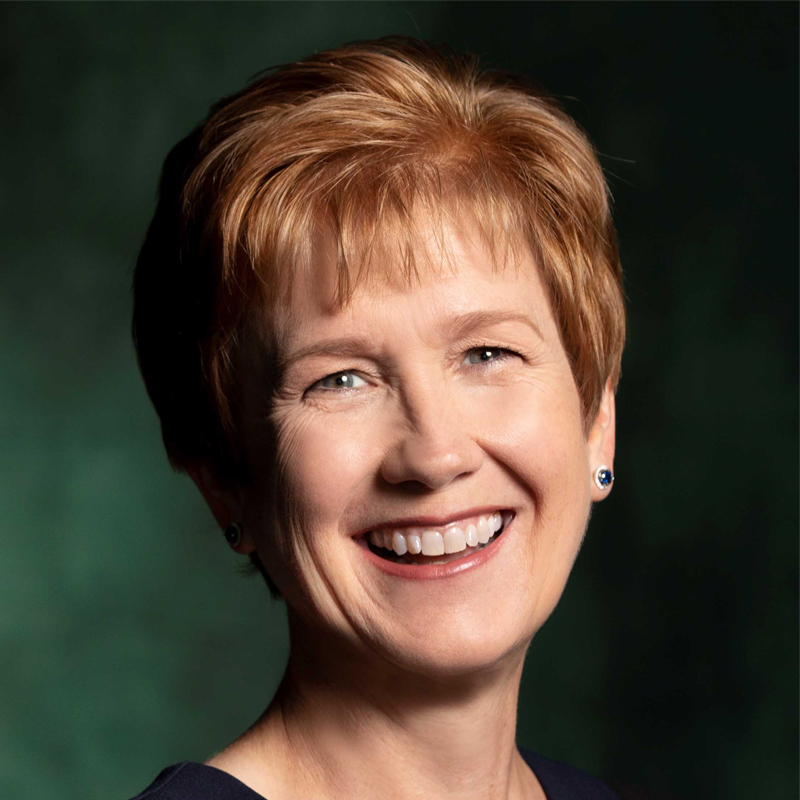
Amy Jensen, The Water Council
Authorized organization representative
Amy Jensen brings more than 25 years of nonprofit management experience to her role as chief financial officer and chief operating officer of TWC. She is a CPA and earned her MBA from the University of Wisconsin-Milwaukee. Jensen was the recipient of the Milwaukee Business Journal’s CFO of the Year award in 2008 and its Women of Influence award in 2020. She has been the administrative lead fulfilling the compliance and reporting role for TWC’s federal and state funding contracts.
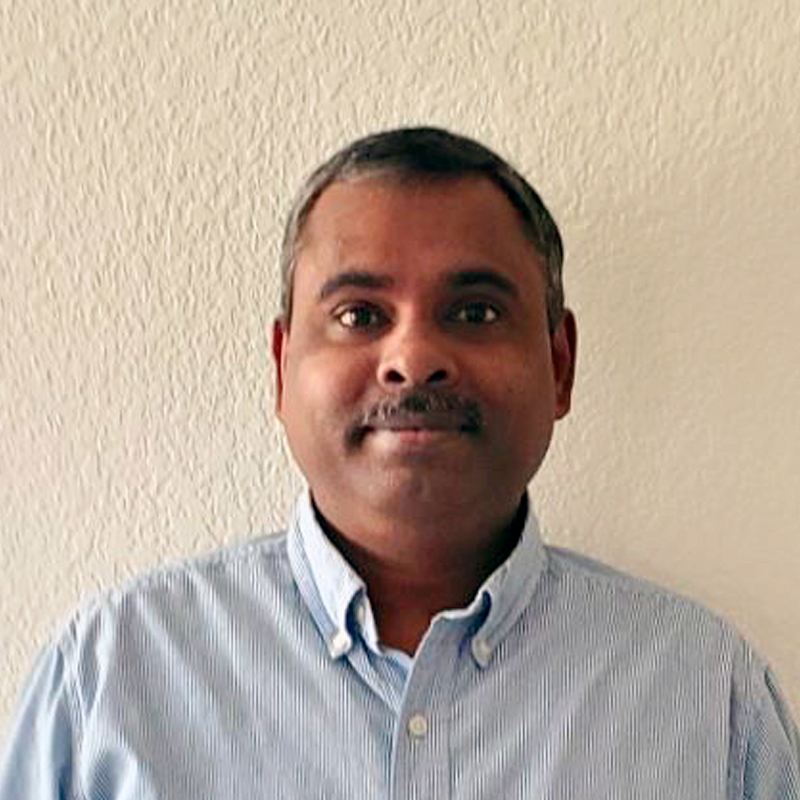
Balamurugan Balakreshnan, Microsoft
As chief AI officer/architect at Microsoft, Balamurugan Balakreshnan bring extensive leadership in driving digital transformation initiatives through the strategic application of artificial intelligence (AI) and cloud-based digital solutions. He is a key player in the nation’s first manufacturing-focused AI Co-Innovation Lab at the University of Wisconsin-Milwaukee. Previous to his eight years with Microsoft, he served as a solutions architect at Komatsu Mining Corp., working on building next-generation IOT manufacturing solutions.
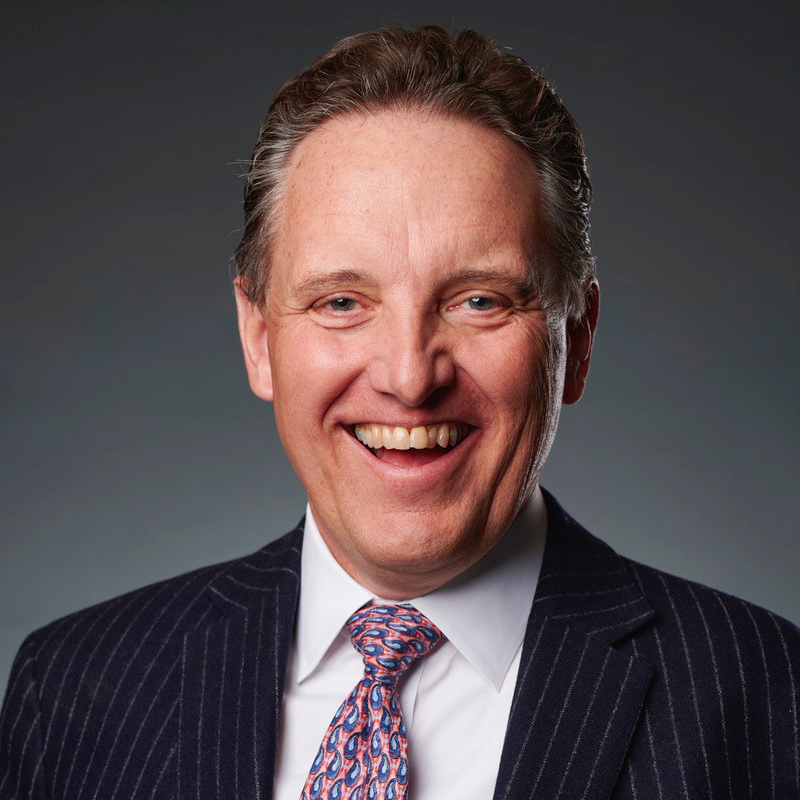
Buckley Brinkman, Wisconsin Center for Manufacturing & Productivity
Buckley Brinkman has brought more than 25 years of transformational manufacturing leadership to the Wisconsin Center for Manufacturing & Productivity, with a breadth of experience in helping companies drive growth, world-class competitiveness and performance excellence. Experienced in Lean, Six Sigma, supply chain management and turnaround planning, he led efforts to save dozens of operations in the U.S. by finding new ways for them to compete.
Throughout his career, Brinkman provided executive leadership to companies ranging from $5 million to more than $4 billion in sales. A Wisconsin native, he holds a business degree from the University of Wisconsin and an MBA from the Harvard Business School.

Ayrton Bryan, Avery Dennison
Ayrton Bryan supports global sustainability as a professional and champion for greater environmental accountability. As a senior manager for sustainability at Avery Dennison, he leads efforts to integrate sustainability across the company’s value chain. His work supports connecting the physical and digital to create a healthier planet. In 2023, he was named to the Milwaukee Business Journal 40 under 40 and the Harvard Business School Young American Leader Program.
Bryan is passionate around community impact and empowerment. He continually works to create opportunities for workforce development and environmental impact reduction. He is also active in several nonprofits focusing on diversifying small businesses and representation in the outdoors. Prior to joining Avery Dennison, he has worked in sustainability-defining, cradle-to-grave carbon impacts and in environmental health and safety at global companies focused on employee safety and well-being and environmental reporting.
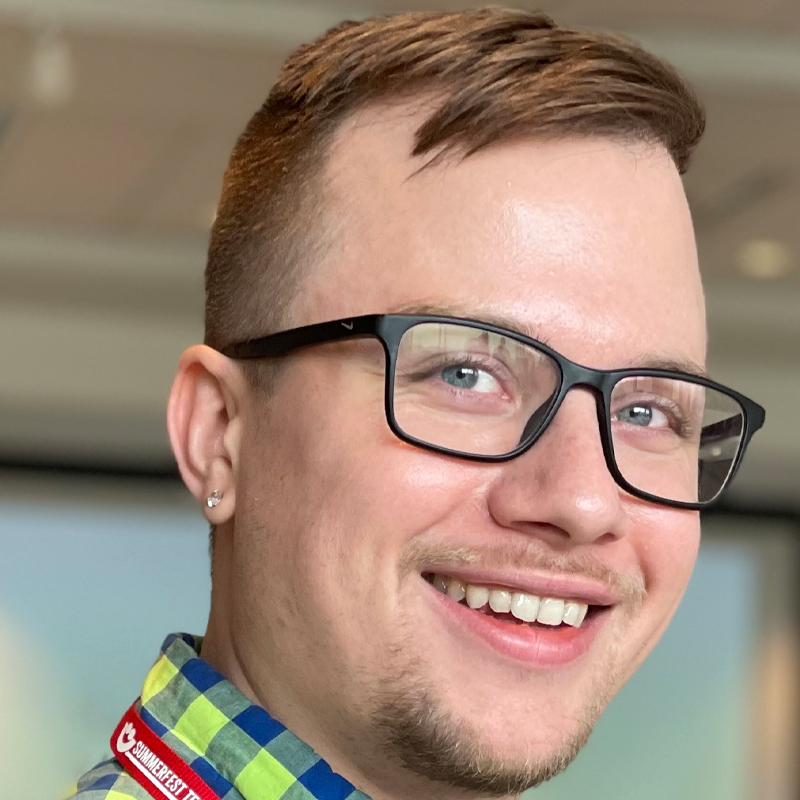
Aaron Drews, MKE Tech Hub Coalition
Aaron Drews is the workforce development and operations associate at the MKE Tech Hub Coalition, where he writes and administers grants and supports implementation of workforce development programs to increase diverse participation in Southeastern Wisconsin’s tech ecosystem. He also brings professional experience as a communications intern at the Chicago Council on Global Affairs. Drews earned his bachelor’s degree from the University of Wisconsin with majors in French and international studies, as well as a concentration in religious studies. He earned his master’s degree in international relations from the University of Chicago.
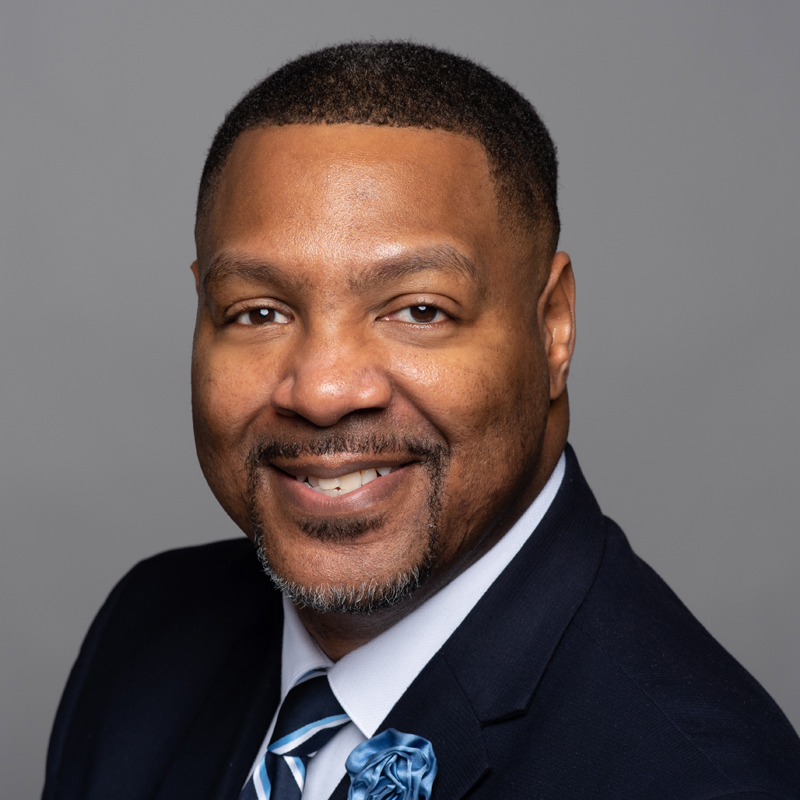
Jason Fields, Madison Region Economic Partnership
Jason Fields joined the Madison Region Economic Partnership (MadREP) as president in January 2021 after serving as a Wisconsin state legislator. Fields represents the United States as a senator of the World Business Angel Investment Forum. He is founder of The Financial Promise Foundation, Inc., a nonprofit organization teaching personal financial and business literacy, and founder and managing director of Dark Knight Capital Ventures, a venture fund investing in underrepresented founders across America. Fields started his career in the financial sector, collaboratively managing more than $100 million in assets. He is a published author, certified financial education instructor and certified capital-raising specialist. He holds a bachelor’s degree in business management from Cardinal Stritch University.
Fields is the President of the Regional Leadership Council and member of the Governor’s Financial Literacy Council and Rotary Club of Downtown Madison. He serves on the board of directors of Destination Madison, Wisconsin Technology Council, MKE Tech Hub Coalition, Competitive Wisconsin, the Green Bay Packer Mentor Protégé Program and the Convergence Resource Center.
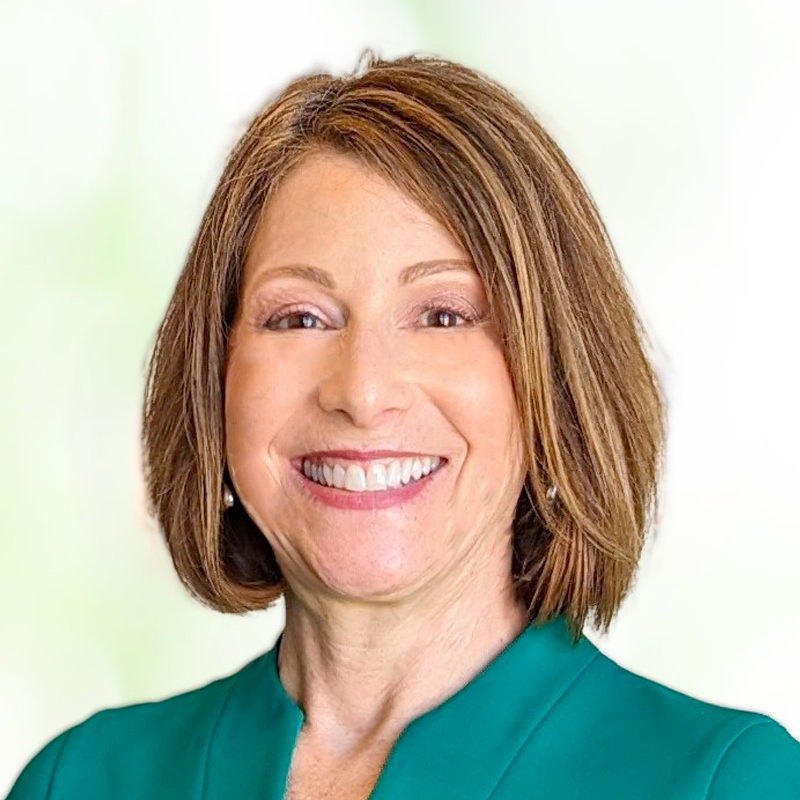
Karen Frost, The Water Council
Karen Frost is The Water Council’s vice president for economic development and Innovation. She managed the program development, implementation and oversight of TWC’s U.S. Small Business Administration Regional Innovation Cluster Contract from 2015 to 2020. She is an experienced connector and strong relationship builder and collaborator with the small business community, project partners and funders. She brings prior experience in program management, grant management and marketing and holds a degree in business marketing from Kansas State University.
Frost leads the suite of innovation programs for TWC including the BREW 2.0 Post-Accelerator, the Pilot Program and the corporate-sponsored Tech Challenge. These programs serve and connect innovators from across the globe to TWC’s network of companies and members.
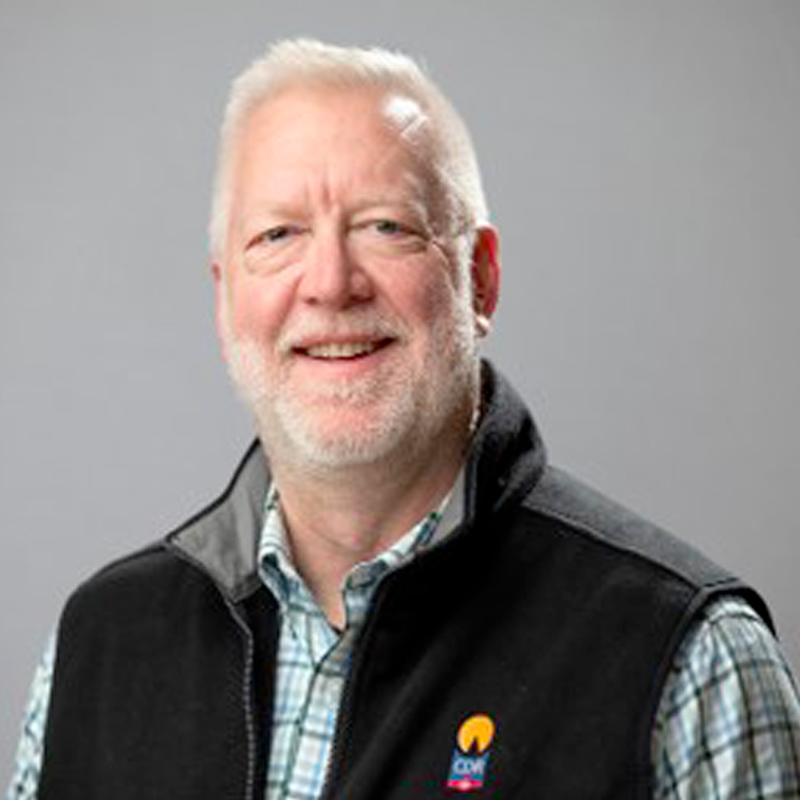
Michael Gay, Center for Dairy Research
As development specialist, Michael Gay identifies new funding opportunities for the Center for Dairy Research as well as strategic business development opportunities where the Center can partner with other entities, start-ups and technologies to help drive innovation in the dairy industry. He has previously worked for 35 years in economic and business development, most recently in Puerto Rico where he led the country’s global team to attract Foreign Direct Investment to the island in the biosciences (pharma, med device, and GCT), aerospace and tech industries.
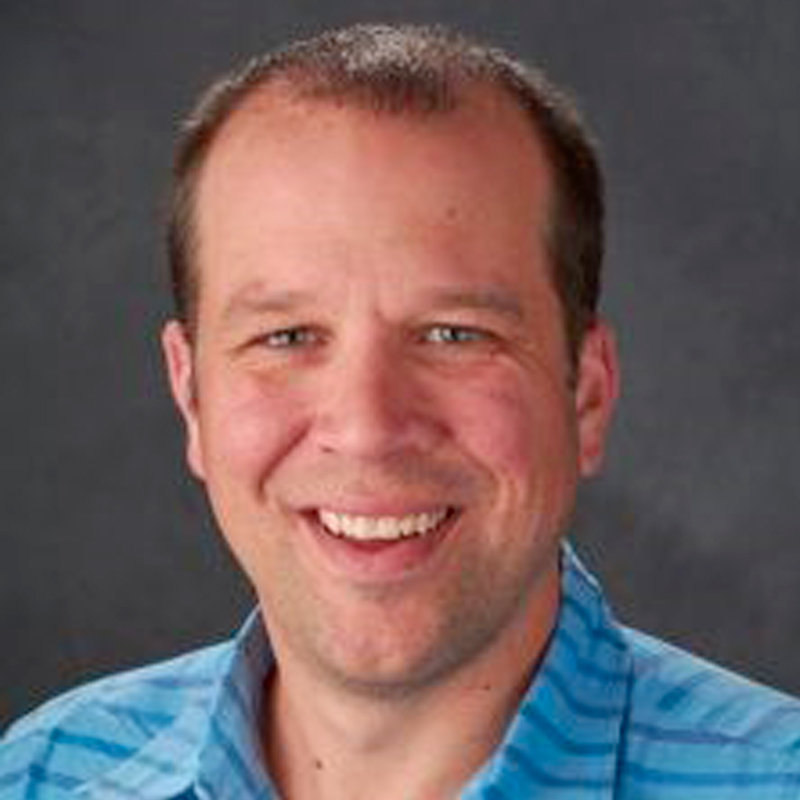
Matt Ginder-Vogel, University of Wisconsin-Madison
Matt Ginder-Vogel is the director of sustainability research innovation in the Nelson Institute of Environmental Studies and an associate professor in the Department of Civil and Environmental Engineering at the University of Wisconsin-Madison. His research focuses on understanding the prevalence of contaminants in drinking and surface water. Prior to joining the Madison faculty, Dr. Ginder-Vogel was the manager of process and analytical chemistry at Calera Corporation. At Calera he led teams responsible for production of cementitious materials derived from industrial CO2 sources. Previously he worked at the Delaware Environmental Institute at the University of Delaware. He received his Ph.D. in Geosciences from Stanford University.
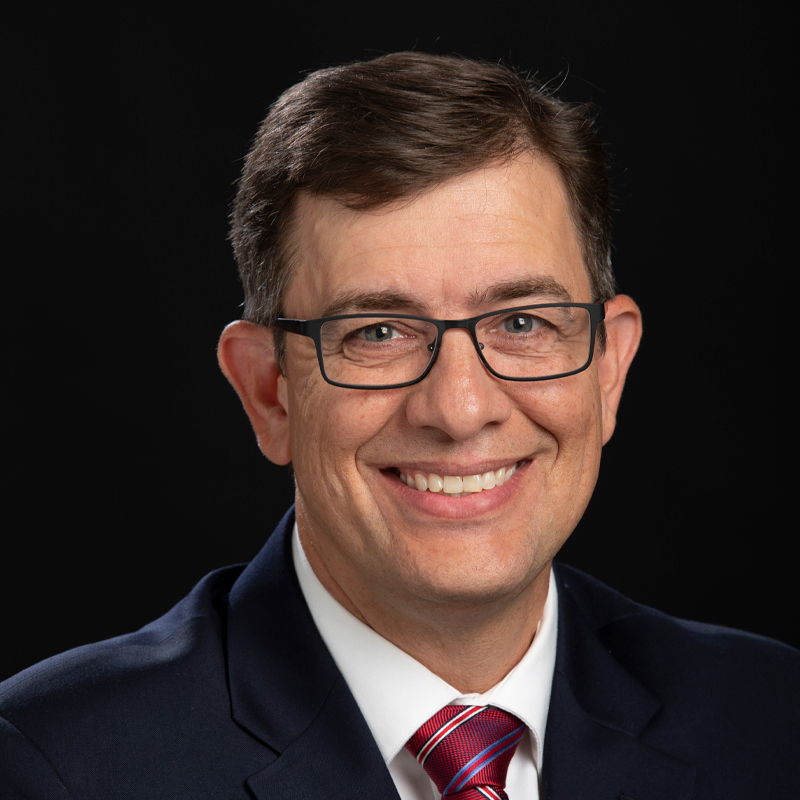
Andrew Graettinger, University of Wisconsin-Milwaukee
As associate dean for research, Dr. Andrew Graettinger continues to build on UWM’s R1 status and the college’s work to advance the frontier of technology, enhance the economic growth and vitality of the region, and provide world-class research opportunities and experience for students. Previously, he served as professor and director of graduate programs at the University of Alabama’s Department of Civil, Construction and Environmental Engineering.
Dr. Graettinger has worked on over $7.5 million in funded research focused on applying geographic information system technology to solve complex spatial problems in the field of civil engineering. His most recent research projects included those that developed spatial tools to accurately collect infrastructure characteristics, analyzed big data sets that contained both time and space elements, and improved organizational information handling for large agencies.

John Ikeda, Water Environment Federation
John Ikeda is the chief mission officer for Water Environment Federation (WEF), a leading member association for the water sector, representing over 31,000 water professionals around the world. He is responsible for WEF’s portfolio of technical programs and volunteer expert communities. A global expert on finance, policy and regulation for water, he was previously practice leader for water at Castalia, a strategy consulting firm for the infrastructure sectors. At Castalia, he led the development of national water sector strategies for several countries, and advised on the design of two large infrastructure funds. Ikeda also worked in the World Bank’s Global Water Practice, where he served as lead author for the World Bank’s global water partnership strategy. He holds a master’s degree in economics and public policy from Harvard University, as well as an MBA in finance from the University of Wisconsin-Madison.
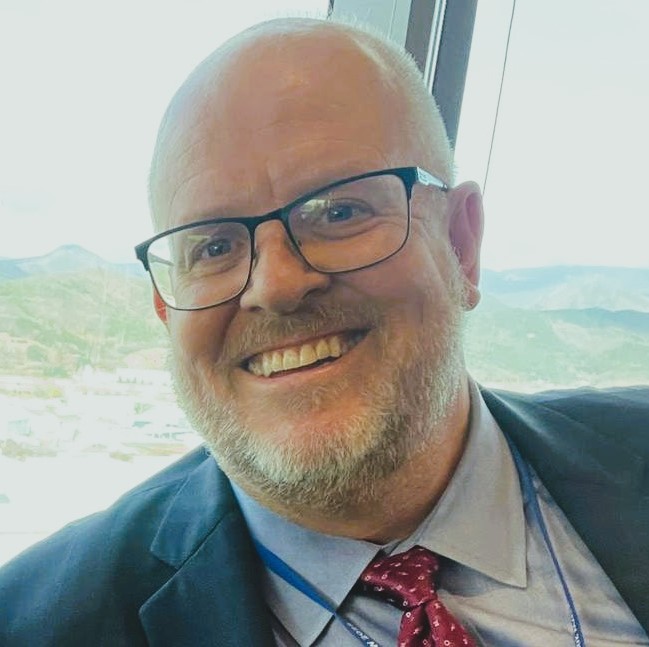
Barry Liner, The Water Council
Based in Northern Virginia, Dr. Barry Liner provides strategic guidance for Water + Energy Forward and The Water Council’s technical initiatives. Previously, he led The Water Environment Federation’s (WEF) innovation initiative, including the Innovation Pavilion at WEFTEC, the world’s largest water quality conference. A professional engineer, Dr. Liner has worked in almost all areas of the water sector including serving as an Assistant Professor and Director of International Engineering Programs at George Mason University, a water and sanitation consultant to the World Bank, and as a management consultant at Black & Veatch. Barry holds degrees in Civil Engineering, Urban Systems Engineering, and Economics.
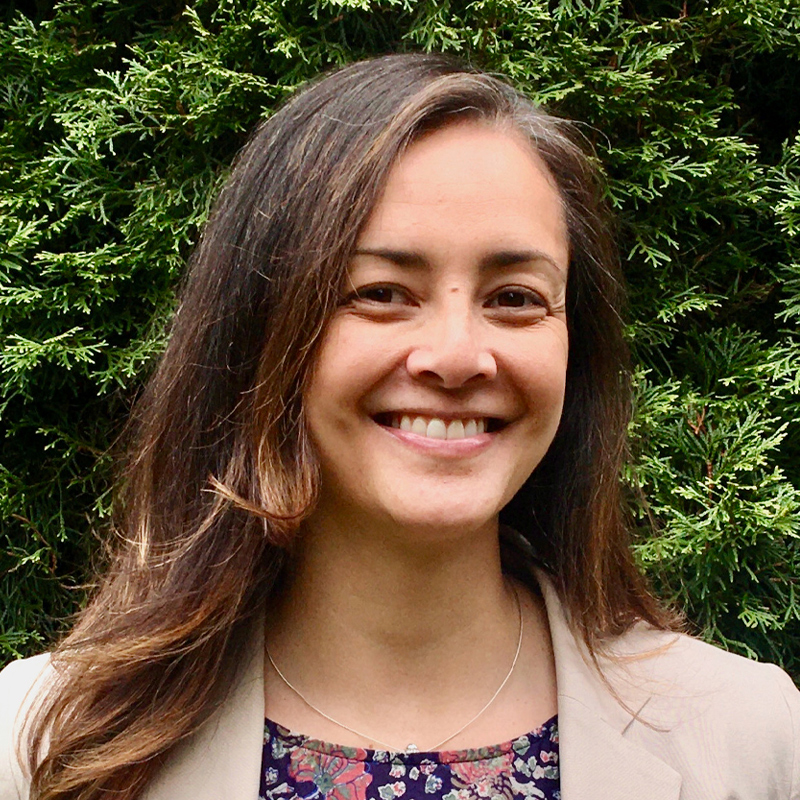
Maile Lono-Batura, California Association of Sanitation Agencies
Maile Lono-Batura is the director of renewable resources for the California Association of Sanitation Agencies (CASA). Previously, she served as the Water Environment Federation’s Director of Sustainable Biosolids Programs, finding synergies across organizations to elevate impactful movements, including growing a circular water economy and addressing the social stigma surrounding what we all flush. She joined WEF in 2021 after serving as executive director of Northwest Biosolids for 22 years. She earned her bachelor’s degree in community and environmental planning with an environmental studies minor from the University of Washington. She received her master’s in nonprofit leadership from Seattle University. Lono-Batura is a Certified Compost Facility Operator through the Washington Organic Recycling Council and a Board-Certified Environmental Scientist with the American Academy of Environmental Engineers and Scientists Board (AAEES). She was also recognized as an AAEES 40 Under 40 Rising Stars Class of 2022.
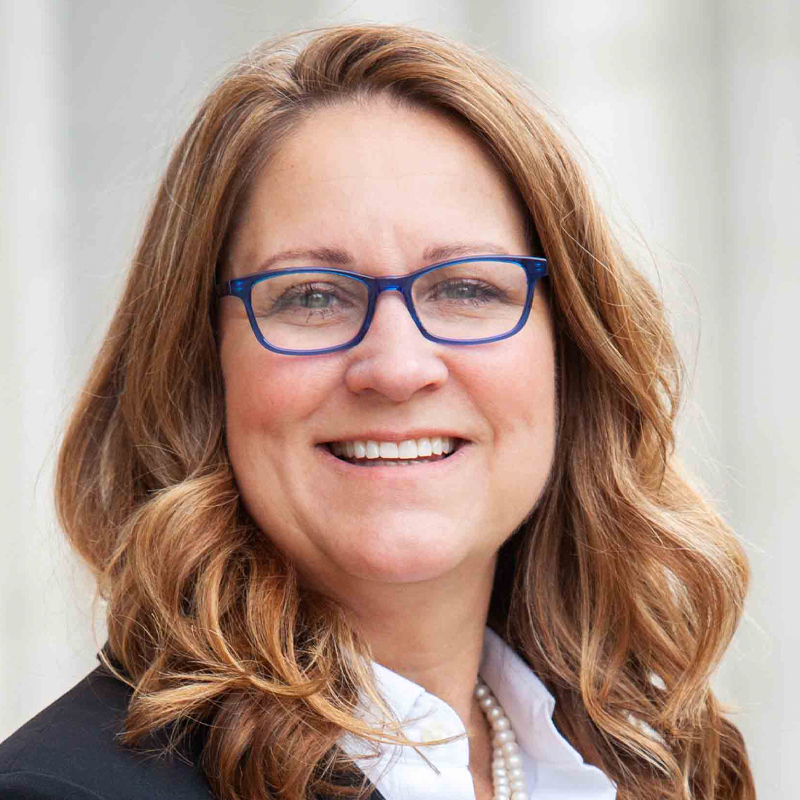
Laura Mullen, The Water Council
As The Water Council’s member engagement manager, Laura Mullen is responsible for developing, managing and supporting member programs and services with a focus on growth and retention. She creates events, content and programming that promote TWC’s goal of building strong partnerships and cooperation. She helps guide the organization’s strategy to grow membership, build relationships and encourage participation. As the NSF project manager, she keeps the team on track and helps to move the project forward.

Dave Ross, Veolia North America
As chief sustainability officer for Veolia North America, Dave Ross coordinates all aspects of Veolia North America’s sustainability program, including decarbonization, biodiversity and water initiatives, sustainability reporting and data management, and climate adaptation strategy while also ensuring alignment with Veolia Group strategy and European Union directives. Ross also serves as a senior environmental advisor on strategic initiatives and regulatory and policy developments, and supports multifaceted performance, stakeholder engagement, government affairs, and social impact initiatives.
Prior to joining Veolia, Ross served as a partner and counsel in international law firms, as the assistant administrator for water at the U.S. Environmental Protection Agency, the director of the Environmental Protection Unit at the Wisconsin Department of Justice, and the lead water quality attorney for the State of Wyoming. Dave guided the development of the United States’ first National PFAS Action Plan and Water Reuse Action Plan, and co-chaired the Federal Water Subcabinet, Gulf of Mexico Hypoxia Task Force and National Drought Resilience Partnership.
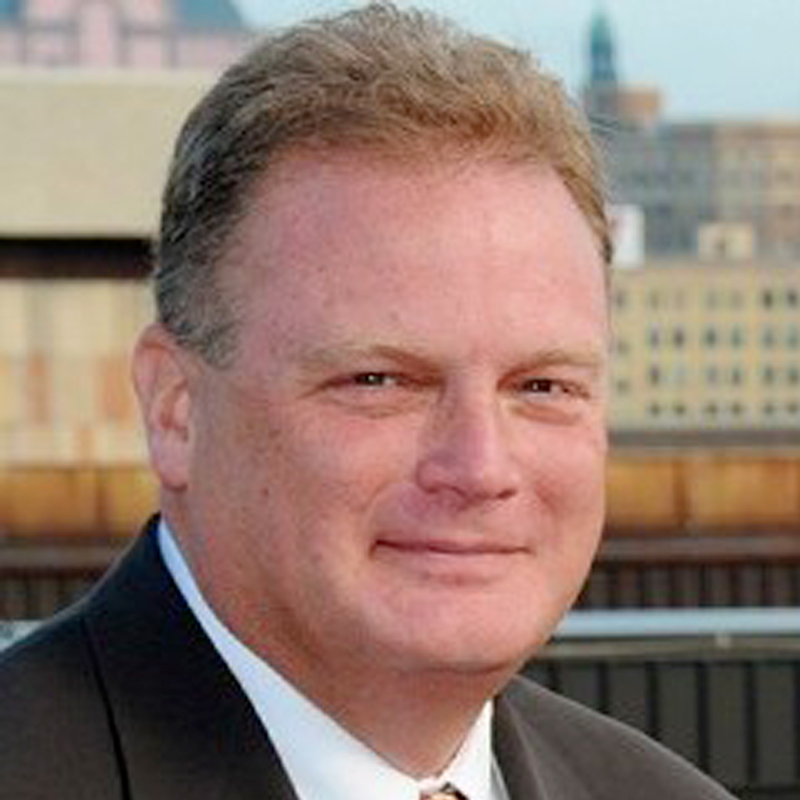
Kevin Shafer, Milwaukee Metropolitan Sewerage District
Kevin Shafer is the executive director of the Milwaukee Metropolitan Sewerage District, a regional government agency that provides water reclamation and flood management services for about 1.1 million people in 28 communities in the Greater Milwaukee Area, and is responsible for its overall administration, leadership, and direction. Shafer previously worked in private industry and for the U.S. Army Corps of Engineers. He holds degrees in civil engineering and is a past president of the National Association of Clean Water Agencies.
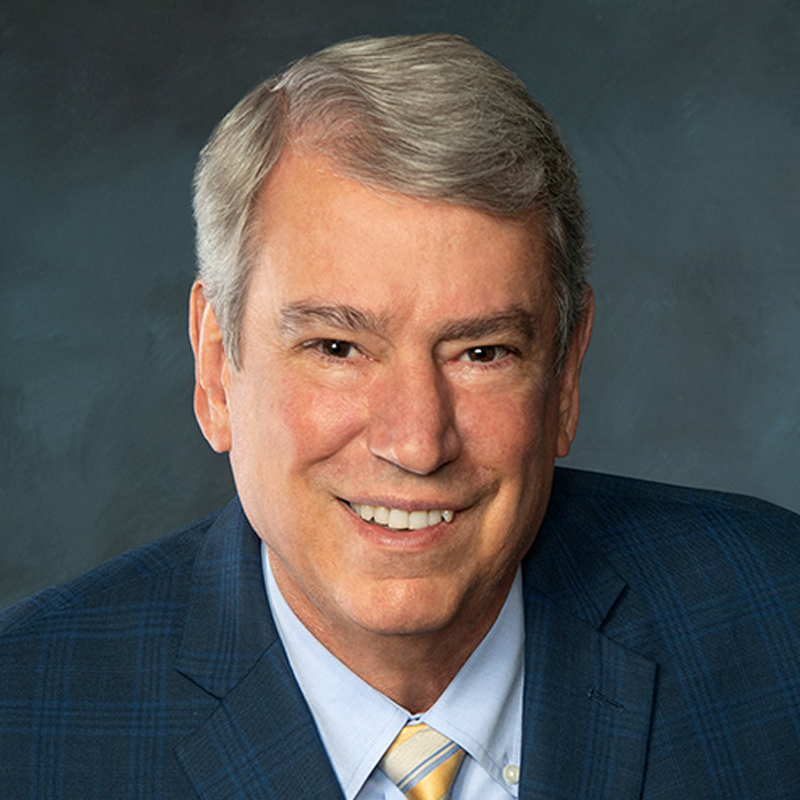
Tom Still, Wisconsin Technology Council
Tom Still is president of the Wisconsin Technology Council, the nonprofit, bipartisan science and technology policy advisory board to the governor and the Legislature. He serves on the WiSys board of trustees, the industrial advisory board for the University of Wisconsin-Madison College of Engineering; the board of visitors for the UW-Madison Department of Computer Sciences; and the board of directors for the Wisconsin Academy of Sciences, Arts and Letters, among other civic and business groups. Still writes a syndicated column that appears regularly in more than two dozen publications. He moderated the Wisconsin Economic Summits (2000-2003) and helped write the Wisconsin Prosperity Strategy in 2010. He is the co-author of “Hands-On Environmentalism,” published by Encounter Books, New York.
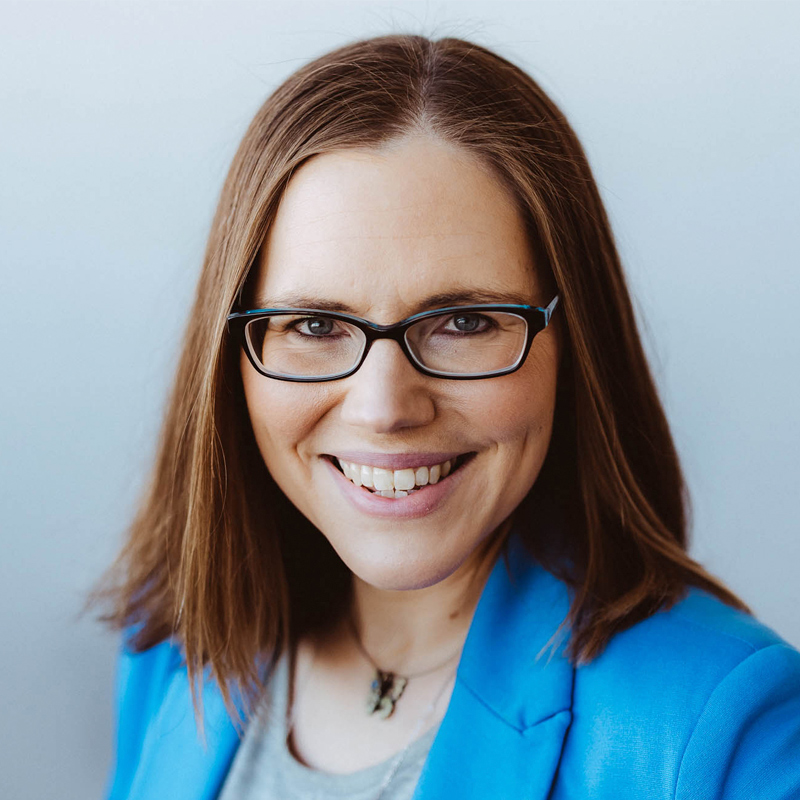
Stacy Vogel Davis, The Water Council
Stacy Vogel Davis, in her role as The Water Council’s communications director, takes water issues of vital importance, including the need for water technology innovation and corporate water stewardship, and explains them to stakeholders and the public in a way they understand. A Milwaukee native, she has a journalism degree from Northwestern University and experience as a reporter and editor with the Milwaukee Business Journal and other publications.
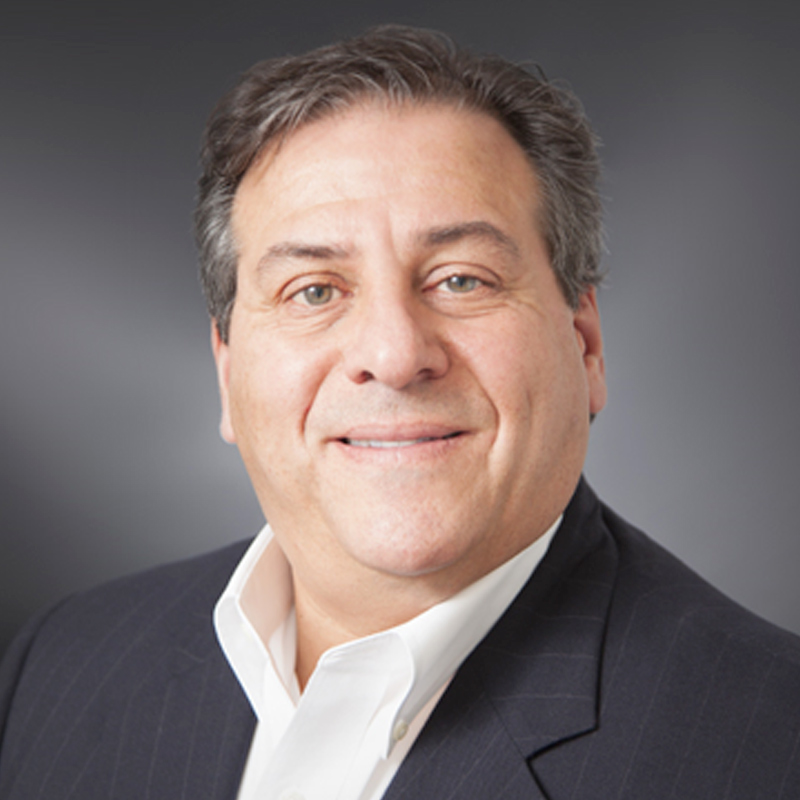
Joseph Zaccaria, Industrial Expert
Joseph Zaccaria has 38 years of industrial experience in oil and gas, petrochemical, water and water, food and beverage, pulp and paper, and more. He was the manager of academia-industry at Rockwell Automation, working in IOT and cyber-physical systems program development. He holds several patents and a bachelor’s degree in electrical engineering from the University of Pittsburgh-Johnstown.